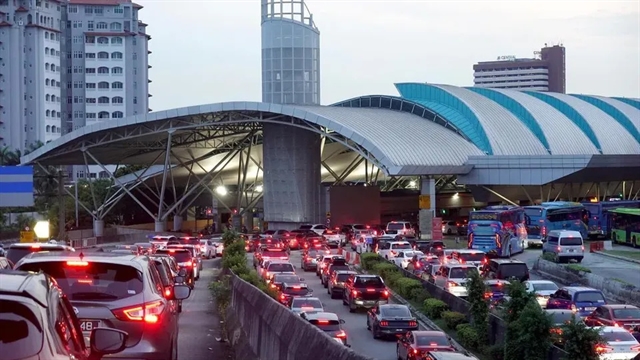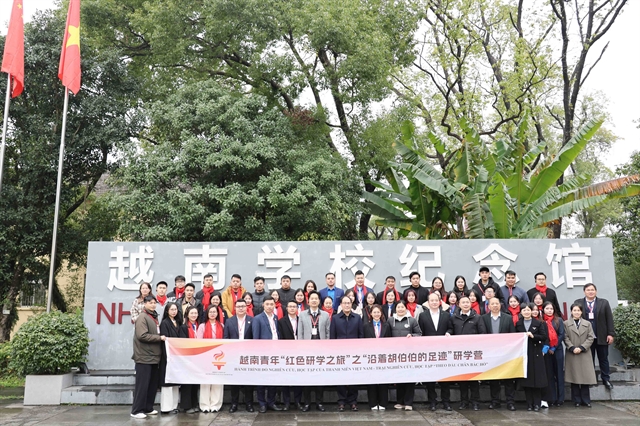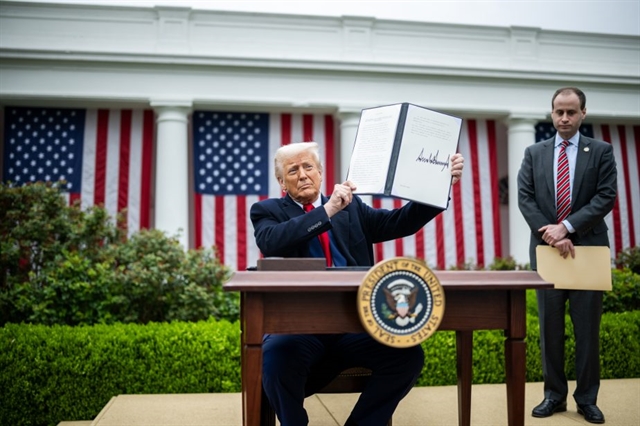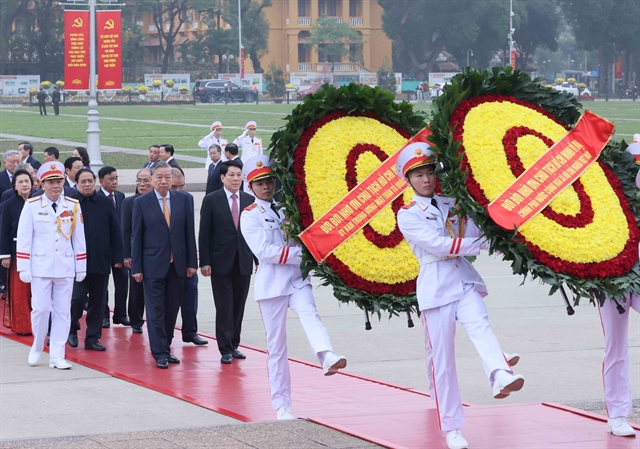 World
World


|
| U.S. President Donald Trump shows off an executive order authorizing a sweeping series of reciprocal trade tariffs at the White House in Washington, D.C., April 2, 2025. — Photo from the White House |
KUALA LUMPUR — Following the new tariff policy announced by US President Donald Trump on April 2, Professor Phar Kim Beng of ASEAN Studies at the International Islamic University of Malaysia (IIUM), stated that this aims to exert pressure on ASEAN economies, but risk triggering inflationary pressures in the US and beyond.
Talking to the press, the expert said these tariffs significantly affect ASEAN economies, particularly those reliant on exports to the US. However, while they present economic challenges, they will not lead to ASEAN’s collapse.
According to him, ASEAN has weathered multiple external shocks, from the 1997 Asian Financial Crisis to US-China trade wars. Despite the disparate effects of these tariffs, ASEAN’s institutional frameworks -- such as the ASEAN Economic Community (AEC) -- help maintain regional resilience.
The expert assessed that the most immediate impact of Trump’s tariffs will be inflation, both in the US and worldwide. As import costs rise, businesses will pass these costs onto consumers, driving up prices.
To counteract these economic pressures, he recommended ASEAN strengthen trade partnerships through Regional Comprehensive Economic Partnership (RCEP), the Comprehensive and Progressive Agreement for Trans-Pacific Partnership (CPTPP), and South-South cooperation, and expand trade with the European Union (EU) and the Gulf Cooperation Council (GCC). — VNS




